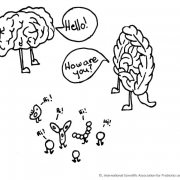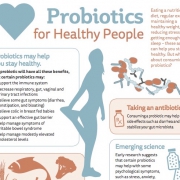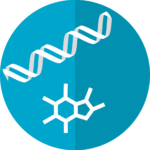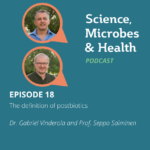Episode 17: Using metabolomics to learn about the activities of gut microbes
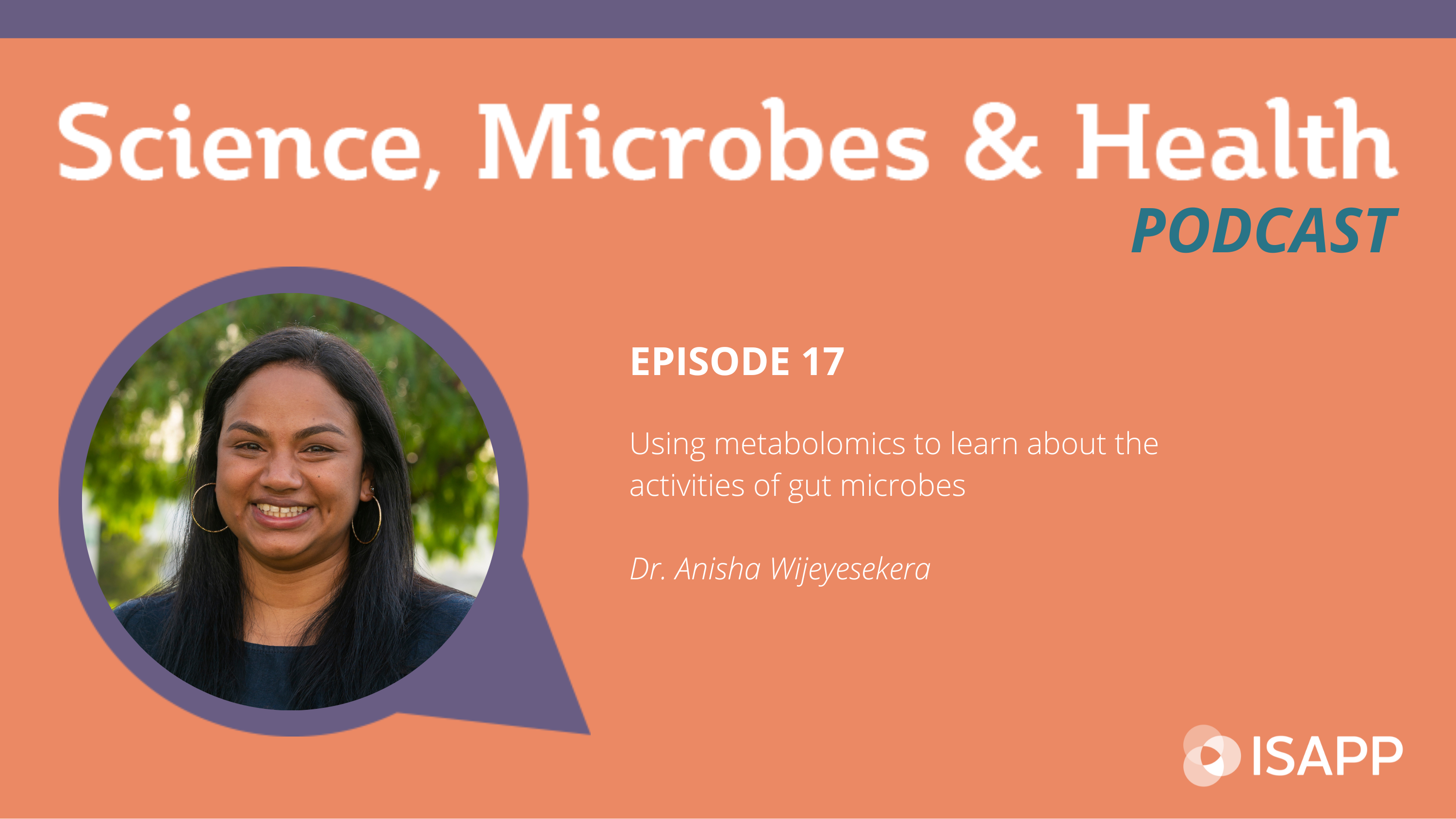
Podcast: Play in new window | Download
Subscribe: Apple Podcasts | Spotify | RSS
The Science, Microbes & Health Podcast
This podcast covers emerging topics and challenges in the science of probiotics, prebiotics, synbiotics, postbiotics and fermented foods. This is the podcast of The International Scientific Association for Probiotics and Prebiotics (ISAPP), a nonprofit scientific organization dedicated to advancing the science of these fields.
Using metabolomics to learn about the activities of gut microbes, with Dr. Anisha Wijeyesekera
Episode summary:
In this episode, the ISAPP podcast hosts address the topic of metabolomics with Dr. Anisha Wijeyesekera, PhD, a Lecturer in the Department of Food and Nutritional Sciences at the University of Reading, United Kingdom. Dr. Wijeyesekera gives an overview of how metabolic profiling works, including the information provided by different biological samples, and discusses how metabolomics can be used to piece together the contributions of microbes to host health.
Key topics from this episode:
- Dr. Wijeyesekera introduces the field of metabolomics and describes it as an essential part of systems biology. Metabolic profiling provides a real-time snapshot of the multiple metabolic processes going on in a system at the time the sample was collected.
- Metabolites are the end products of metabolism; the gut microbiota is the most metabolically active of the microbiomes in the human body.
- Methodology depends on what information you hope to uncover from your samples. Different biological samples (e.g. stool, urine, plasma) provide different pieces of information; this is cross-referenced with information on metabolic pathways.
- One application of metabolomics is in identifying biomarkers that can predict patient outcomes. Identifying differences in microbes as well as metabolites could lead to the development of dietary-based supplements for patients to take alongside clinical treatments.
- Changes in microbial composition may not be that meaningful if the bugs that change are doing the same thing in the end; this is what metabolomics helps uncover.
- Metabolomics gives you insights into mechanisms when you have a probiotic or prebiotic trial with clinical outcomes.
- Short-chain fatty acids are metabolites that are frequently associated with health; changes in these is a clue that the gut microbiota has been impacted by the intervention.
- Bile acids are metabolites that come from diet. Microbes convert primary bile acids to secondary, which circulate throughout the body. You can measure bile acids to see how gut microbiota are affected by an intervention.
- Metabolomics is very promising and may be used in more probiotic and prebiotic studies in the future.
Episode abbreviations and links:
- Reviews on metabolic phenotyping: Metabolic phenotyping in clinical and surgical environments and Metabolic Phenotyping in Health and Disease.
- Dr. Wijeyesekera’s research on how critical illness affects the gut microbiota: Multi-Compartment Profiling of Bacterial and Host Metabolites Identifies Intestinal Dysbiosis and Its Functional Consequences in the Critically Ill Child and Profiling Gut Microbiota and Bile Acid Metabolism in Critically Ill Children
- Papers on how metabolic phenotyping is helping us to better understand the gut microbiota: Gut microbiota composition and activity in relation to host metabolic phenotype and disease risk and Genome-microbiome interplay provides insight into the determinants of the human blood metabolome and The fecal metabolome as a functional readout of the gut microbiome.
About Dr. Anisha Wijeyesekera:
Anisha is a Lecturer in the Department of Food and Nutritional Sciences at the University of Reading, United Kingdom. She previously worked at Imperial College London, where she also obtained her PhD (in Biochemistry). Anisha’s research applies a combined microbial and metabolic phenotyping approach, to better understand the tripartite relationship between diet, gut microbiota and human health. At the University of Reading, she conducts in vitro and in vivo studies for functional assessment of the gut microbiota, particularly in response to prebiotics and probiotics. The ultimate aim is to use this information to tailor nutritional or other interventional therapy to improve health outcomes.


